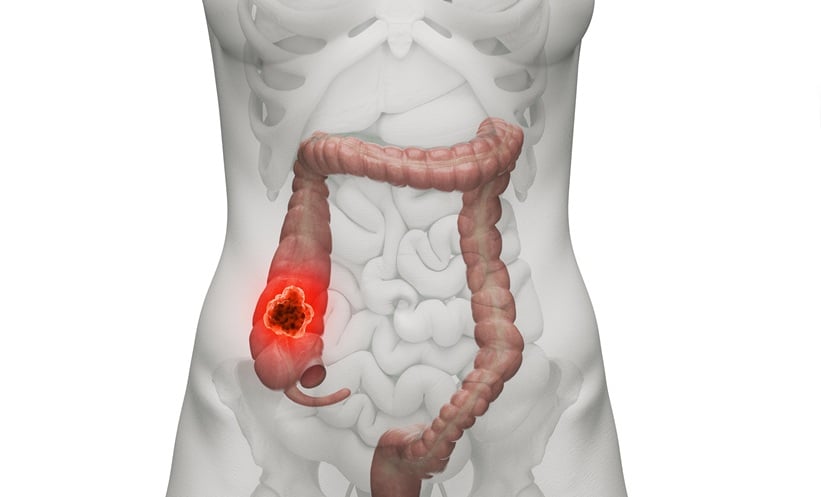SUPPLEMENTARY whole-breast ultrasound recommendations may not be targeting the patients who are most likely to benefit from supplemental screening. A new observational study has shown that while females with heterogeneously or extremely dense breasts were targeted, only a small proportion of them were at high-risk for mammography screening failure. The ultrasound screening allows for the detection of cancers that might have been missed following a standard mammogram; however, “this gain is accompanied by potential harms, including recall for additional imaging and benign breast biopsy among women who do not have breast cancer (false positives).” Certain factors such as breast density and breast cancer risk factors, including prior benign disease or family history, have been linked to a higher risk of mammography screening failure.
The team analysed data from 38,166 screening ultrasounds and 825,360 screening mammograms between 2014–2020. There were four categories of breast density: extremely dense, heterogeneously dense, scattered fibroglandular densities, or almost entirely fatty. They determined risk for invasive breast cancer and interval invasive breast cancer using the Breast Cancer Surveillance Consortium (BCSC) 5-year risk model, and risk for advanced breast cancer risk using the BCSC 6-year advanced model. Heterogeneously dense breasts and BCSC 5-year breast cancer risk ≥2.5%, or dense breasts and BCSC 5-year breast cancer risk ≥1.67% equated to high interval invasive breast cancer risk. BCSC 6-year advanced breast cancer risk ≥0.38% equated to intermediate/high advanced cancer risk. Prevalence of high interval invasive breast cancer risk was 23.7% of screening ultrasounds for patients with dense breasts, and 18.5% of screening mammograms without supplemental imaging. For intermediate/high advanced cancer risk, prevalence was 32.0% and 30.5%, respectively. The team noted that ultrasound screening was heavily targeted to those with mammographically dense breasts; however, amongst this group, other breast cancer risk factors were similar.
Brian Sprague, University of Vermont Larner College of Medicine, Burlington, USA, stated: “It is kind of a wake-up call that doctors and women may want to reconsider how they’re making decisions about ultrasound screening.” They stressed the importance of more specific screening guidance, so that all females “can have the testing that is tailored to them and their specific risk factors.”








